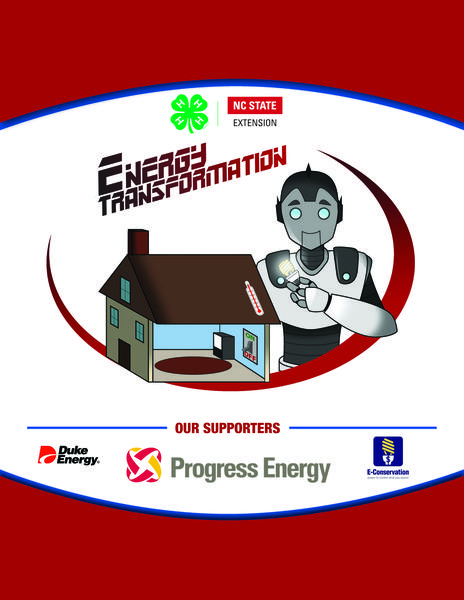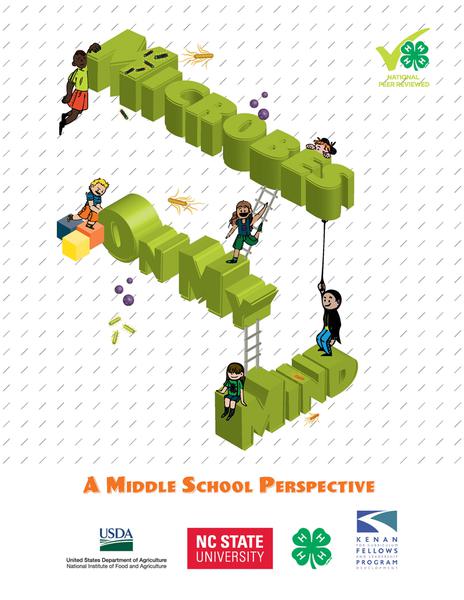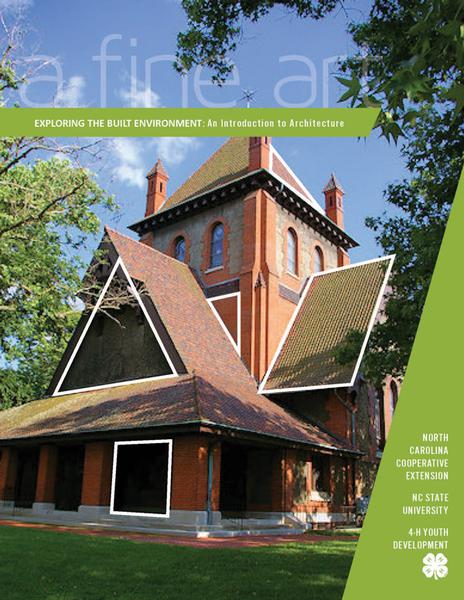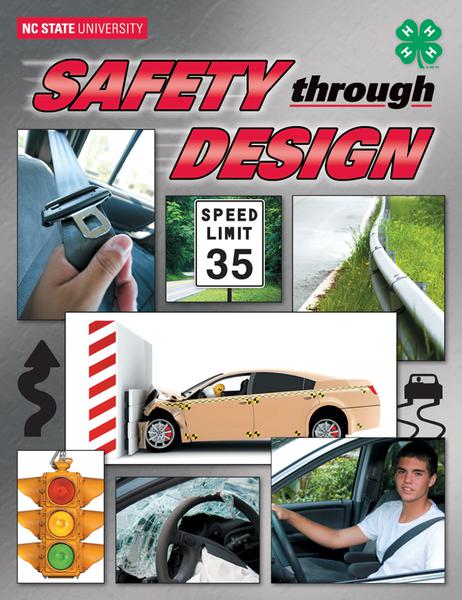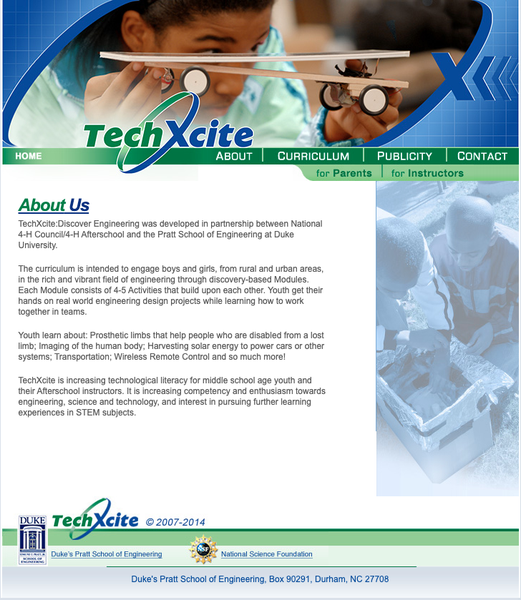Sixth Grade
Energy Transformation
Energy Transformation is an engaging, hands-on science curriculum that demonstrates the effects of energy use in our world. Whether comparing the amount of energy radiating from different types of light bulbs or watching air escape a structure that appears sealed, youth will use scientific inquiry to make abstract concepts concrete for themselves. Youth will learn about the sources and history of the energy we use and observe how their energy consumption will affect the future. Connecting this understanding to their own lives, youth will see that they have the power not only to reduce their parents’ electric bills but also to improve the health of their planet.
Through the lessons, youth will construct a model home that will help them develop a vivid understanding of airflow, heat transfer, and energy efficiency as the curriculum progresses. Building on the fourth-grade Essential Standards Energy Conservation and Transfer, youth will furnish the home with working lights and a ceiling fan, allowing them to analyze the outcome of the energy their circuit employs. Through a series of experiments using a wizard stick, youth will follow the air that enters and exits the model home, demonstrating for themselves the results air pressure and stack effect. Adding and removing weather- stripping to their homes further illustrates the impact of decisions made by families or businesses about the buildings they inhabit.
Eighth Grade
Microbes On My Mind - A Middle School Perspective
As you are reading this you have already come in contact with millions of microbes. Even though you cannot see them, they are all around you. This unit gives middle school participants an insight into just what those tiny microbes are and where they can be found.
In this unit, participants will discover the role microbes play in our bodies, our ecosystem, and our food. The activities provided will make it easy for the facilitator to explain the impact microorganisms have on humans in an interactive and engaging experience. These lessons are designed to encourage curiosity, resilience, and cooperation in our learners that will allow them to develop an understanding of the relationship between food safety, microbiology, and diseases, as well as the careers associated with microbiology. Participants will make connections between their existing knowledge of microorganisms, human health, and potential career paths related to this topic. Through the activities in this unit, participants will deepen their understanding of microbes in history, where they can be found, how to prevent the spread of microbes on them and in their food, and how certain careers have advanced to provide a better understanding of microorganisms. Participants will walk away knowing that microbes are a part of their everyday life and that not all microbes are harmful, but some can also be beneficial.
Middle school participants will address some of the misconceptions surrounding microbiology and gain a better understanding of how important microbes are in our ecosystem. Participants will gain an understanding of the importance of food safety and the precautions that need to be taken to keep their bodies healthy and protected.
To purchase a paperback version of this curriculum, please visit UNC Press. Your purchase helps ensure that this curriculum will stay current with state and national educational standards as well as provide additional curricula materials locally to North Carolina 4-H agents, youth, and volunteers.
After your purchase, contact Amy Chilcote or Tabitha Barnes to get access to accompanying materials: Powerpoints, video links, facilitator handouts, and link information.
Multiple Grade Levels
Exploring the Built Environment: An Introduction to Architecture
Exploring the Built Environment: An Introduction to Architecture for North Carolina middle school students introduces youth to the world of architecture, explores the architectural past in North Carolina, and look ahead to sustainable design and green building processes to reduce the global impact of the built environment.
Designed to introduce youth to the fine art of architecture and the mathematical principles involved in the field, students will discover how nature is a common form of inspiration in building design, observe how they experience personal and public space, recognize the role that visualization plays in the design process, and explore ancient and modern icons in architecture.
Safety through Design
Welcome to On Track for Learning – Safety through Design. This curriculum is developed for middle school-aged youth. In using this curriculum with your 4-H’ers, we have found that the members enjoy the experiences more if you are prescriptive only where necessary. The curriculum has several resources that when used with the curriculum serves to heighten the experience. The curriculum kit contains nearly all of the items you will need to conduct the lessons. Training is also provided as we recognize that leaders often times have subject matter to convey that they are not as familiar with. Science, Technology, Engineering, and Mathematics are basic to our life and studies show that the future job market is in these areas. This curriculum was developed in partnership with the Department of Mechanical and Aerospace Engineering within the College of Engineering at North Carolina State University.
TechXcite
The curriculum is intended to engage boys and girls, from rural and urban areas, in the rich and vibrant field of engineering through discovery-based Modules. Each Module consists of 4-5 Activities that build upon each other. Youth get their hands on real-world engineering design projects while learning how to work together in teams.
Youth learn about: Prosthetic limbs that help people who are disabled from a lost limb; Imaging of the human body; Harvesting solar energy to power cars or other systems; Transportation; Wireless Remote Control and so much more!
TechXcite is increasing technological literacy for middle school-age youth and their Afterschool instructors. It is increasing competency and enthusiasm towards engineering, science and technology, and interest in pursuing further learning experiences in STEM subjects.
The North Carolina 4-H Curricula are subject to copyright and cannot be used or distributed without North Carolina 4-H’s permission. However, the 4-H Curricula can be used for free when working with your local N.C. Cooperative Extension. If you see a 4-H curriculum that would benefit your classroom, reach out to your local 4-H Agent. Your 4-H agent can work with you to understand how to best use 4-H curriculum, and to get involved locally with additional 4-H education programming.
Publication date: May 6, 2020
N.C. Cooperative Extension prohibits discrimination and harassment regardless of age, color, disability, family and marital status, gender identity, national origin, political beliefs, race, religion, sex (including pregnancy), sexual orientation and veteran status.

